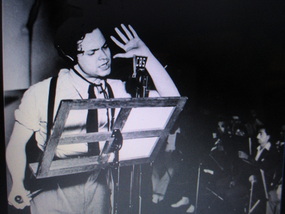 Orson Welles, broadcasting "War of the Worlds", October 30, 1938 When my sister Romaine reminded me of our mother's "War of the Worlds" story I knew I had to share it, but at first I thought I'd wait until around Halloween, since the provenance of the story is Halloween-related. But then I thought, no it's really less a Halloween story than a story from my mother's life; furthermore the telling of it leads into a few more stories, so I'll just tell it now. Many of you already know the story of the famous –or rather infamous – “War Of The Worlds” broadcast by Orson Welles on October 30, 1938. For those of my generation it’s a story that our parents told us from their childhoods about how people mistook a radio show, meant to be a scary Halloween special, for a news broadcast about invaders from Mars who’d landed in New Jersey and were killing the population and destroying everything in their path. The "War of the Worlds" broadcast was an episode of the radio show "The Mercury Theatre on the Air". It was a theatrical adaptation written by Orson Welles, then a young radio actor with The Mercury Theatre, of the HG Wells’ novel by the same name. He wrote his adaption in the form of news broadcasts continually interrupting another show. Of course it was announced at the beginning of the show that the evening's episode of "The Mercury Theratre on the Air" was an adaptation of HG Well's "War of the Worlds" written and presented by Orson Welles. But not everybody who ultimately heard the broadcast had turned it on at the beginning. According to About.Com, "Radio Broadcast Causes Panic": "Though the (Mercury Theatre) program began with the announcement that it was a story based on a novel... many listeners didn't tune in long enough to hear (it).. A lot of the radio listeners had been intently listening to their favorite program the "Chase and Sanborn Hour" and turned the dial, like they did every Sunday, during the musical section of the "Chase and Sanborn Hour" around 8:12. Usually, listeners turned back to the "Chase and Sanborn Hour" when they thought the musical section of the program was over. However, on this particular evening they were shocked to hear another station carrying news alerts warning of an invasion of Martians attacking Earth. Not hearing the introduction of the play and listening to the authoritative and real sounding commentary and interviews, many believed it to be real. All across the United States, listeners reacted. Thousands of people called radio stations, police and newspapers. Many in the New England area loaded up their cars and fled their homes. In other areas, people went to churches to pray. People improvised gas masks. Miscarriages and early births were reported. Deaths, too, were reported but never confirmed. Many people were hysterical. They thought the end was near. " My mother was one of the terrified many who thought the world was ending on the night of the "War of the Worlds" broadcast. On the evening of October 30, 1938, my 18-year-old mother had gone over to her friend Marian Bruning's house for the evening. Marian's family had a radio, unlike my mother's family who couldn't afford such a luxury, so my mother often went over to her friend's house where the girls listened to the popular radio shows together. Like many others, they tuned into the show just in time to hear that the Martians had landed in a town called Grover's Mills, New Jersey. Soon the Martian's were wreaking havoc up and down the East Coast and more space ships were landing all over the country. My mother ran home from her friend's house in mortal terror. She breathlessly told her mother, who, not owning a radio, hadn't heard about the Martian invasion. My grandmother laughed at the notion of a Martian invasion, but couldn't convince her frantic daughter who cried, "I don't care what anybody else does! I'm going to church!" Then my mother was out the door, my grandmother hurrying after her, jogging up the street beside her, entreating her to listen to reason: It was dark, it was late, there'd be nobody at the church, the doors would be locked.... Meanwhile the neighbors stood out on the sidewalk looking up into the sky. Then a man came running down the street crying out like Paul revere in reverse: "The Martians aren't coming! The Martians aren't coming! It's just a play!" When I called my 93-year-old mother yesterday for a refresher on the details of her "War of the Worlds" story, I asked her if those moments when she believed that the Martians were attacking were the most frightening of her life. She said that yes, she believed that was the most frightened she'd ever been. I asked her how her fear of the Martian attack compared to the time during World War II when she was an Army nurse traveling on board a troop ship in the Atlantic and one night their ship veered off course and was being followed by a German submarine, which the American sailors finally evaded by dropping depth charges over the side of the ship. "Eh, I went to bed and slept right through it," she said. My mother has always been a pretty brave lady. Except when it comes to those pesky Martians! If you'd like to hear it for yourself, here's the youtube link for the "War of the Worlds" broadcast: http://www.youtube.com/watch?v=Xs0K4ApWl4g Tune in tomorrow for a couple of spin-offs from today's story.
1 Comment
Has everyone read the story in yesterday's news about Edmund Avis, a 62-year-old South Euclid, Ohio man who'd been tormenting his neighbors for 15 years?
Apparently the neighbors have 7 children, some of them adopted and disabled. The mother of the children was caregiver not only to them but to her husband, who was in dementia. Edmund Avis did everything he could to make his neighbors' lives miserable, from pulling unkind pranks on the children to calling their mother names to smearing feces on their wheelchair ramp. If you've read the story you know that Avis was finally, after 15 years, convicted of disorderly conduct and part of his sentence included sitting for 5 hours on a busy street corner holding up a large placard describing his offense. Just punishment, perhaps, but really? Avis, while holding up his placard, spit on some passersby and proclaimed his innocence to anyone who asked. He wasn't sorry. He sounds seriously mentally ill to me. Which begs to question as to whether public humiliation as punishment will have the least reformative effect on this individual. Now, someone like me? Sure, me in his shoes, I'd be drowning in remorse and mortification. But someone like Edmund Avis - well, is he even capable? But the bigger question is, will his punishment stop his horrible behavior towards his neighbors? I ask, again, is he even capable? I can guarantee you, his neighbors don't really care about his punishment. All they long for is some peace from this guy. I know this is true because many years ago my family also suffered the experience of living next door to the neighborhood bully. As a young couple soon expecting our first child, Tom and I had just bought our first house in a suburb of Columbus, Ohio. It was a small house on the oldest street of the city, and was the first house built on the street. But we found this old house far more charming than the more modern homes that surrounded it, and though it was rather a fixer-upper, we were thrilled to get it. But I must admit I had an uncomfortable inkling of the shape of things to come when on the day we moved in we found a man milling around in our living room. He looked in his late 30's or early 40's, had a shaved head, a beard and bad teeth. He was tall and well-muscled and wore tight jeans, black motorcycle boots and a spiked leather wristband. He told us he was our next-door neighbor and that the woman we'd bought the house from was his grandmother. He'd grown up in this house. His father had built the newer house next door and had been planning on selling that house and keeping this house for him to live in. (In fact we'd looked at the house next door, which had been for sale at the same time as this one, but we hadn't at all like it though the real-estate agent, a friend of the seller, had pushed hard for us to buy that house over this one). But his his father's house hadn't sold so he put his mother's house on the market as well, which we immediately came along and snapped up. So now his father was giving him the house next door to live in, though he felt like this house, now our house, was really his. We had the locks changed that same day. Our bad feeling didn't get any better when some of the neighbors who'd been been born and raised in the town warned us that our neighbor had been the bane of the neighborhood when he was young, a real troublemaker. Let's just say that he continued to live up to his reputation when he moved into his father's house and became our next-door neighbor. I won't go into the details of this person's habitual uncivic-minded behavior, except to say that because of our name he always assumed we were Polish and the insults he shouted across the fence at us and our children invariably included the demeaning slang word for people of Polish descent. Once he threatened to move out and sell his house (which he couldn't have done anyway, the house belonging to his father) to a bunch of...well, I won't use the nasty word, but he meant people of African-American ethnicity. Little did he know how much we wished he would carry out his threat. Though we sometimes called the police on our neighbor (to no avail), we really weren't interested in seeing him punished. We just wanted him to stop. Which he never did. I don't believe he was capable. After 7 years we finally gave up and moved out of the house, neighborhood and small city we loved...to a different house, neighborhood and small city that we've come to love many times more than we ever did that first place. I hope with all my heart that Edmund Avis's punishment for bullying his neighbors will make him change his behavior and that his neighbors will finally be able to live in peace. But if Avis ever again troubles the family next door, he should again be arrested and prosecuted, and for for his next sentence he should be required to move our of his house to somewhere far from his neighbors. Really far. On Friday, October 12, 1492 at 2:00 am Christopher Columbus discovered a new world. On Saturday, April 12, 2012 at 8:40 pm so did I. For me it was the moment I crossed the metaphorically wide expanse of the lobby of the O'Charley's on Morse Road in Gahanna alone, walked into the restaurant, ordered a meal and ate it. And how was it eating alone in a crowded restaurant on a Saturday night? It was the best time. Truly. Because, though I walked in alone, before the evening was out I'd connected with a group of nice people, young and old, who proved that the art of social discourse is still alive and well and living in Gahanna, Ohio. And to think I almost didn't go in. When I first arrived at O'Charley's the place was crowded, with probably a dozen people milling around outside and in the lobby waiting for a table. But I noticed there was room at the bar so I told the waitress that I was by myself and asked if I could sit at the bar and eat. "Why, sure," she said with an empathetic smile, "you go right on over." "Sure, you go on over and the bartender will be right there to take your order," added the other hostess in the heartening tone of a nurse reassuring a nervous patient. In truth I was feeling a little nervous. But reassured by the nice hostesses that it was all right, I went right on over and took a seat at the corner of the bar. The bartender, a sociable young guy, handed me a menu and my drink - a club soda with a slice of lemon - but before I'd even decided what to order a waitress whisking by with a basket of rolls stopped short and set the rolls down in front of me. "Here, Hon, I'll just give these to you," she said. I believe that was the first time I've ever felt touched by a basket of restaurant rolls. After the bartender took my order I felt more at ease and pulled out my laptop to do some writing. As usual, I found it easier to concentrate being out than at home. At home there's always something calling to me - the laundry, the vacuuming, the piano, the refrigerator - and it's just too easy to get up and find something else to do besides writing. But there at the bar at O'Charley's it was pleasant, the lighting soft but sufficient, the background of not-too loud music and people just right. So even being by myself I had the feeling of being part of humanity. I was beginning to understand why a person might go to a bar alone. The waitress brought my food - a French dip roast beef sandwich (why is this item called a "French dip"? There's absolutely nothing French about it. The hyper-correct French would never dip their sandwich into a bowl of meat juice! Geez!) and a pile of French fries (which in fact are typically French fair, known as "pommes frites", or fried potatoes, in the native language, so it's okay, I guess, that we call them French fries, though in truth, every country I've ever been in eats fries by the bushel, so I guess they rightly should be called "international fries") - and after she set down my food she asked me, with a soulful, caring gaze, how I was doing, was everything good, was I all right. I assured her that all was well with me and tried my best to look like someone who was all right, which I must not have been doing up to that point. Then the bar started filling up. An elderly gentleman came in and sat a few chairs down from me . The staff immediately took notice, calling to him, greeting him, asking him how he was doing. Without asking him what he wanted the bartender said, "Gotcha," and fixed for him what I assume was his usual drink. Waitresses stopped to chat and tease, some gave him a hug. I thought of a jovial favorite grandpa in the bosom of his family. After I'd finished eating I got into a conversation with the bartender. You know how movie and TV bartenders are always wiping down the bar and chatting with the customers? It was just like that. I learned that the bartender was the father of three (though he didn't look 30 years old to me), his youngest daughter born just last Monday. That information brought comment and congratulations from the the rest of the bar patrons (the old gent already knew about the new baby), and soon the old gent, a young couple sitting next to the gent, the bartender (between customers), and myself were engaged in conversation. What did we talk about? Oh, I don't know. People's work - the young couple were a bicycle builder and a nurse manager, the older guy a retired building codes administrator for the City of Columbus; the places we'd lived; how it is for young people now a days compared to how it was for us oldsters back in the day. And how it feels to eat in a restaurant alone. The nurse, it turned out, had worked in New York City for a while and, at times finding it hard to coordinate her work schedule with that of her her friends, sometimes ate in a restaurant alone. Seems her experience parallelled mine. She said that for her it was always hard to walk into a restaurant alone, but once she got there she always made friends. Which reminded me of being on the Camino, where almost everyone was traveling on their own, but where we were all came together to eat joined in companionship and community. Most interesting was the older gentleman's story. He was 80 years old, a widower for 15 years, lived with his son, and came to O'Charley's every day, either before of after dinner, for his evening drink and for a bit of socializing and conversation. I thought this was wonderful, and I told the man so; I told him that I wanted to be like him when I was his age, still engaged and enjoying life, which he assured us that he still was. My companions and I chatted for about an hour, and so enjoyable was our conversation that could I have stayed longer, but by then it was getting close to 11:00pm (in truth I wanted to get home in time for "Saturday Night Live) so I left while the others stayed. Now, I have no idea whether my experience was fairly typical of what to expect at any suburban restaurant bar on a Saturday night, or whether this particular O'Charley's is an auspicious anomaly; or whether it was that this particular night was an auspicious anomaly even for this particular O'Charley's. But the next time I find myself in a singleton situation on a weekend I'll have no problem walking right into a restaurant by myself, bellying up to the bar, ordering my club soda and sandwich with a flair of confidence, and being open to the possiblity of some pleasant human companionship. I recommend to my fellow situational singletons who've never done it before to try it sometime. Who knows? You might discover a new world. 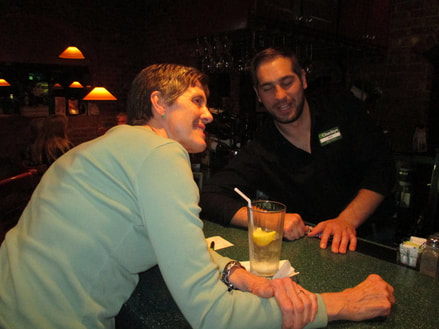 The friendly bartender and me. It's the day after the recital and once again I'm basking in a warm tide-pool of post-recital relief. My kitchen is still a mess, piled up with all the paraphenalia from the recital banquet: tablecloths, centerpieces (I do fishbowls with fake crystals and little electric lights in the center), not-yet-washed serving plates and utensils, left-over plastic cups, paper plates, and napkins, left-over left-overs (which I can't get people to take enough of home, so I inherit them. Which is fine. I like recital left-overs. Especially the desserts). But it's all right that that my kitchen is a mess. I can float above it today. Because the recital went well. The thing is, the recitals always go well. Even with what I call the "mini-tangles" that performers sometimes have to deal with, more commonly known as "messing up". But, as I always tell my students, a piece beautifully performed as a whole isn't spoiled by a missed note or two. And it's true. And, as I also tell my students, even if they should get lost at sea in the middle of the piece I won't let them drown, I'll be right over to rescue them and get their piece back on course to the finish. But in truth that seldom happens. If a performer is well-practiced, they generally know how to recover on their own. And, ultimately, ours is a friendly audience, there to support all the young (and some not-so-young ...I have 4 adult students) performers. I always tell my students that even you hit every note of your piece wrong just smile and take a nice bow to thank your audience for listening, and all will be well. I also often remind a nervous student of what will happen if they mess up their piece during the recital: nothing. Absolutely nothing. I tell them that if a brain surgeon messes up doing an operation then that might not be so good, but if a piano student messes up...eh. And all the while that I go about dispensing calm among my students, the night of the recital I myself am a basket of nerves. I'm sweating bullets. My brain tells me, just as I tell everyone else, that everything will be fine. But there's this pointy little rogue goblin zipping around and mixing things up in my stomach and making me all nervous; but not nervous about my students; nervous about myself. Nervous about getting up on that stage myself and slugging through my own piece. All the advice I give my students doesn't work when I try to give it to myself. I can't seem to shake the notion that the world will end if I hit a wrong note. Or at least that all my students will leave in disgust and go seek out a new teacher. And yet, nobody ever does. Even when I've hit wrong notes during my piece, which I often have. Quite the contrary, after all the performing is finished and we're all sitting together feasting, the mood is celebratory, congratulatory, and mostly, relieved. All wrong notes are forgotten. Even mine. As I always tell myself, I need to remember this for next time. 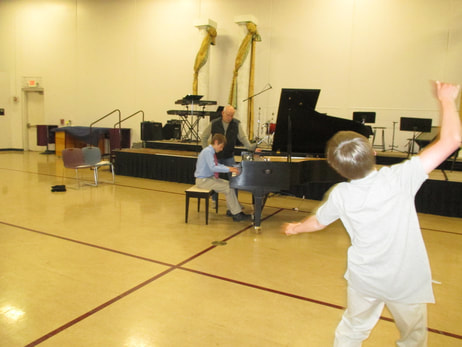 The recital's over, now it's just playing for fun. Which is the real reason we learn an instrument. The jubilant memories of the night before, piled up in my kitchen
Some of my students rehearsing for our recital Tonight is my piano students' spring recital, also known as the Pizza Recital, not to be confused with the Sub Sandwich (winter) recital or the Pool Party /Cook-Out (summer) recital.
The recitals received their names by my students, who categorize them by what we have to eat after each recital. Thus the spring recital, for which I always order a boat load of pizzas, is the pizza recital. But the pizzas, subs or burgers are always just the gustatory center piece, to be accompanied by the copious side dishes and desserts that the students' families bring to the post-recital feast. And so we treat the recitals, which in truth are what drive my teaching and, I believe, motivate my students, as communal banquets that open with musical entertainment. Students bring not only their parents and siblings, but invite friends, aunts, uncles, cousins, grandparents, teachers, and co-workers (of my adult students). On occasion other music teachers have asked or been invited by me to "crash" my recitals with a student or two of their own whom we welcome as guest performers. I don't actually know of any other music teacher whose recitals are preludes to a potluck. And yet the music-food combo was not my plan when when I first started teaching years ago. In the beginning I figured my recitals would be the standard cookies-and-punch affairs that most recitals are. But, alas, I now believe that, being the inveterate foodie that I am, it's my karmic fate that any event I'm involved in will have evolved into a buffet line by the time it has reached fruition. Anyway, I had only about half- dozen students when I had my first recital, so I had the idea of asking the mother of one of my students if I could have the recital in her home. Not only did the mother agree to the idea, she offered to serve sub sandwiches after the recital. So I asked the other parents if they'd each bring a side or dessert. The recital was such a success and everybody like the food afterwards so much that I continued to have recitals in student's homes, with the host family providing the main course and the other families bringing the sides. And so it went until I had so many students that I needed to find a bigger venue for our recitals. When I moved our recitals from students' homes to a church hall I figured the moment had come to change the format from a big post-recital chow-down to cookies and punch. Not a snowball's chance in Palm Springs. I almost had a revolt on my hands when I suggested that we replace our communal feast with cookies. And so a communal feast it's been every since. Like I said, I thinks it's my foodie-karma. Can't fight it. But I guess having a big post-recital chow down is a good idea. Because, hey, if we all crash and burn on our pieces, at least we'll have pizza. That organic food is better for you than regular food.
That taking piano lessons will make you good at math. That being good at math will make you a good pianist. That playing video games teaches a child problem-solving skills. That there's any one religion whose members are as a whole more kind, ethical, moral or pleasing to God than the members of all the other religions. That spanking is an effective form of parental discipline That punishment in general is an effective form of parental discipline. That artificial sweeteners are worse for you than all the calories in sugar. That honey is healthier for you than sugar. That you should ever tell someone who's suffered a loss that it's God's will. That anybody ever gets fired for incompetence. That spreading the same amount of calories over six small meals is more beneficial than over three big ones. That there's ever any excuse for displaying moodiness or a bad attitude at work. That there's ever any excuse for being snooty, no matter how important one's job or high one's station in life. That the teachers in poor schools are not as good as the teachers in good schools. That the best teacher on the planet can make a successful student out of a child whose parents aren't invested in his or her education. That in real life Miley Cyrus is as bad a bad girl as she appears to be on stage. Karl Marx never intended for his manifesto to play out as badly as it did.
Making a really good grilled cheese sandwich is tricky. If you cut back your calories you'll lose weight even if you don't start exercising. If you don't cut back your calories you won't lose weight even if you start exercising. Exercising is good for you but it doesn't burn up as many calories as you'd think. Eating a thousand extra calories worth of organic granola will make you as fat as eating a thousand extra calories worth of big macs. Grown-ups are as influenced by peer-group pressure as kids are. Watching a good movie is as worthwhile as reading a good book. Physical exercise is better for warding off dementia than cross-word puzzles and sudoku. Most doctors and nurses really do want their patients to get better. People are attracted to people who are comfortable in their own skin. Teachers, nurses, and those who volunteer to help the needy are doing the Lord's work. Any one of us could find ourselves in need some time down the road. A child's success in school is determined by what goes on at home. A teacher's success in the classroom is determined by what goes on in the homes of his or her students. The unexamined life is worth living, but the examined life produces a better human being. God doesn't care about your specific religious beliefs or practices, but rather how you treat your fellow human beings every day. Hard work is more important than talent. Talent won't get you anywhere without hard work. Anyone who takes piano lessons with a good teacher and practices a lot can become a good pianist even if they've got no natural musical talent. Someone with a ton of natural musical talent who studies with a good piano teacher but who doesn't practice will sound, when they play, like someone with no talent. Religion is a frame of reference that a person uses to establish his or her relationship with God. Some people find that they don't need that frame of reference to establish their relationship with God. Some people can't establish a relationship with God even within that frame of reference. Sometimes I over-think things. I think that about covers everything I believe, but if I think of anything else I'll let you know. Manhattan Beach Pier The Strand If you walk, as Tom and I did last Wednesday during our visit to LA, about 2 miles south from the Manhattan Beach Pier along The Strand, the walkway that runs along the shore line of the southern Los Angeles beach cities, you'll arrive in downtown Hermosa Beach. More commercial than Manhattan Beach, Hermosa Beach has a lovely walking street off the Strand called Pier Plaza lined with stores, restaurants, and palm trees. It's always full of people and full of life. Hermosa Beach, Pier Plaza looking inland. Pier Plaza looking towards the beach. My favorite spot in Hermosa Beach is a friendly little pizzeria around the corner from Pier Plaza called Paisano's Pizza and Pasta. Tom, also a huge Paisano's pizza fan. The place is homey and bright with movie posters and photos of movie stars lining the walls. The service is good and the manager will come over and ask you where you're from.
But it's the pizza that seals the deal for me. Now, the thing about pizza is that it's something that's easy to get right. Tomato sauce, cheese, pepperoni, veggies. These things just naturally seem to go good together without too much coaxing. But a New-York style pizza, with those big, soft-crusted triangular pieces that fold in your hand as you bit into them...ah, that's something special. I'm willing to make the statement that Paisano's in Hermosa beach makes the best New York slice I've had outside New York City. Their pizza chefs have perfected the art of the folding crust. All right, I'll come clean right here and admit that I actually eat my New York slice with a knife and fork. That's how how I work it. But most people fold the slice in their hand, right? That's what makes it a New York slice. But and way you cut it - or fold it - Paisano's makes an awesome slice. Sadly, I'll probably never get around to reviewing Paisano's pasta, salads, or sandwiches, let alone any other restaurant in Hermosa Beach. When in beautiful Hermosa Beach I hear only the call of the pizza. |
"Tropical Depression"
by Patti Liszkay Buy it on Amazon: https://www.amazon.com/dp/B0BTPN7NYY "Equal And Opposite Reactions"
by Patti Liszkay Buy it on Amazon: http://amzn.to/2xvcgRa or from The Book Loft of German Village, Columbus, Ohio Or check it out at the Columbus Metropolitan Library
Archives
April 2024
I am a traveler just visiting this planet and reporting various and sundry observations,
hopefully of interest to my fellow travelers. Categories |

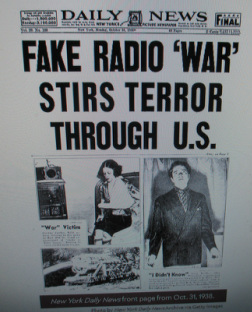
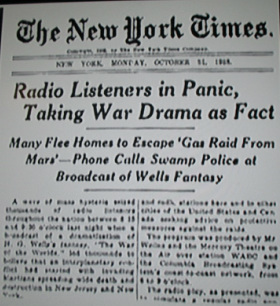
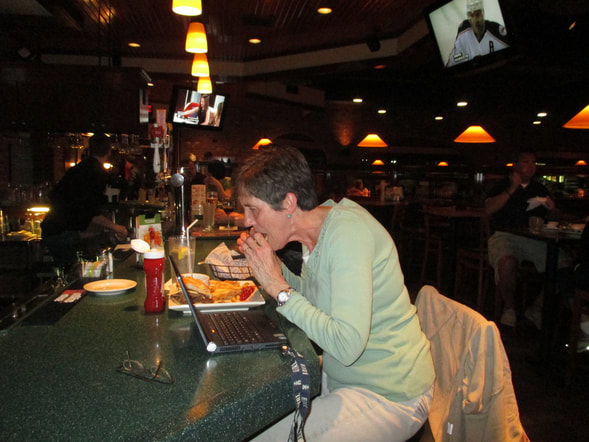
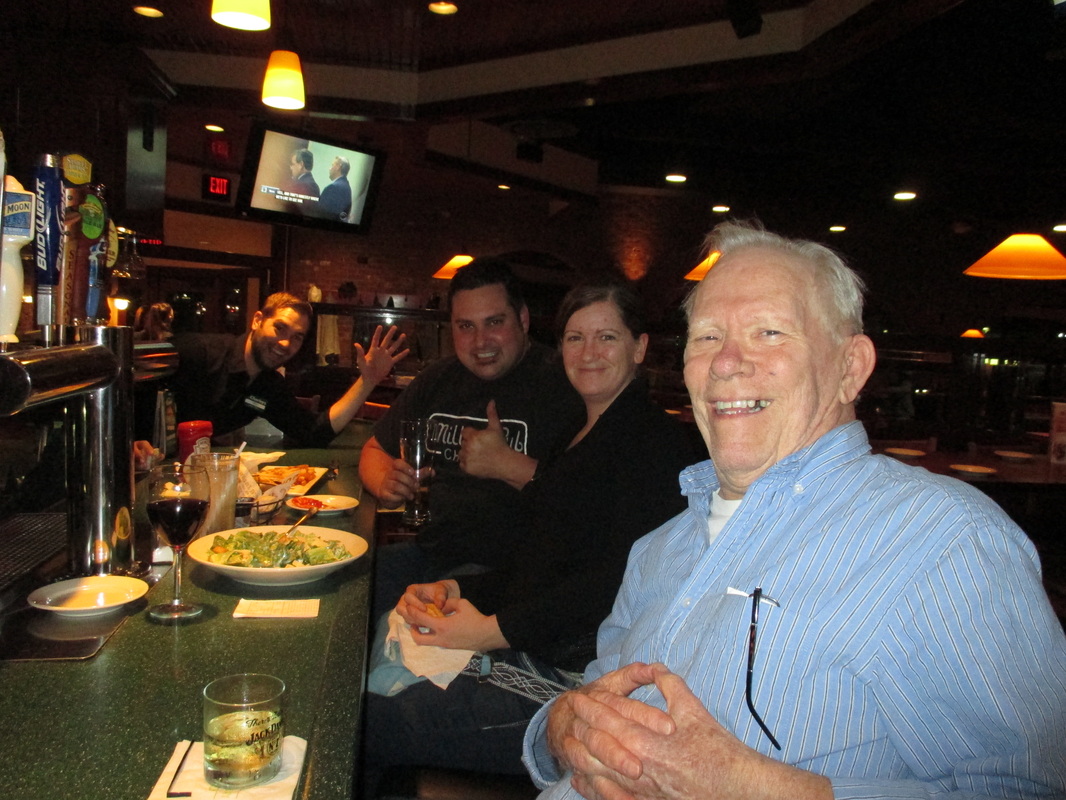
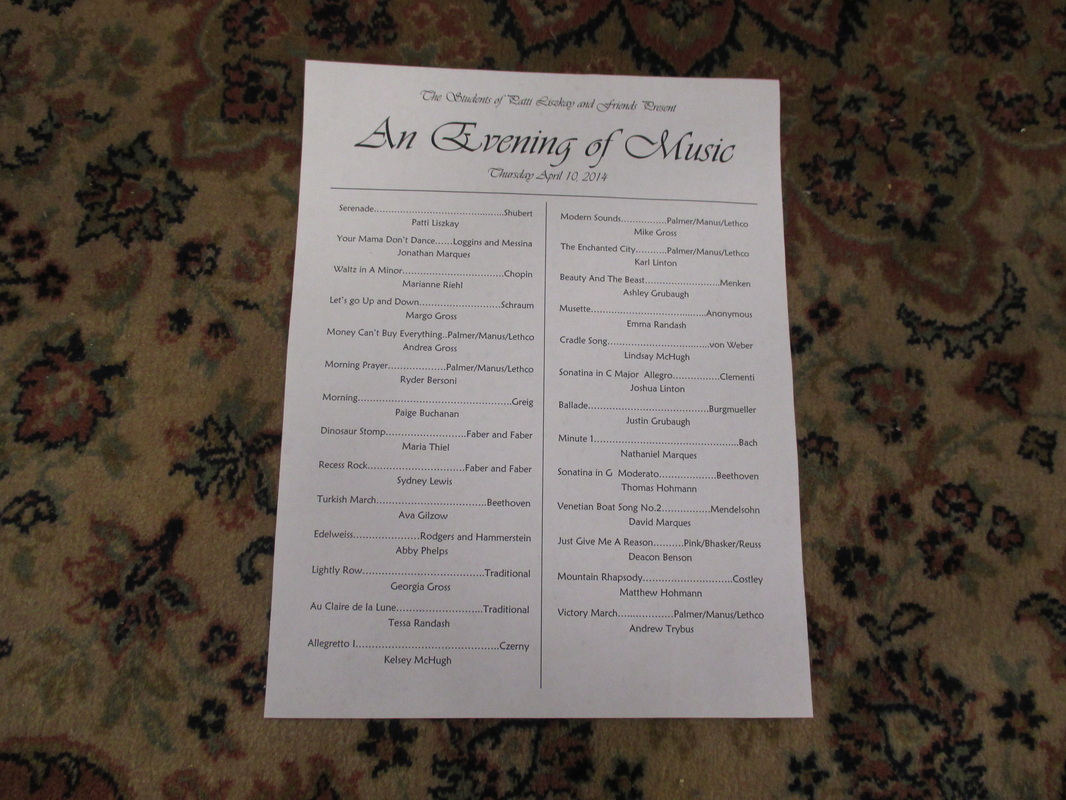
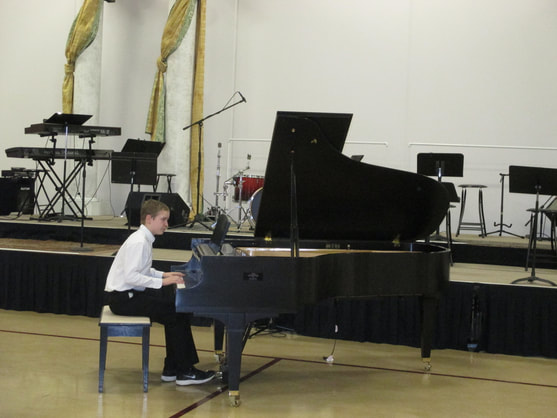
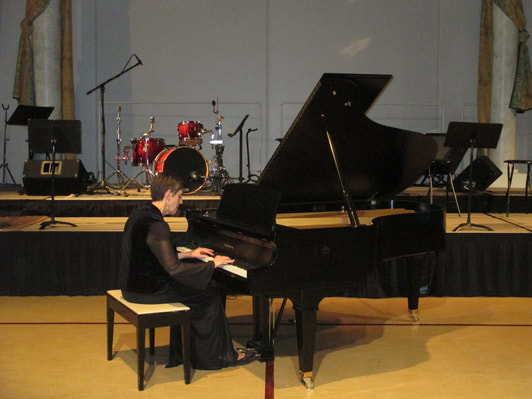
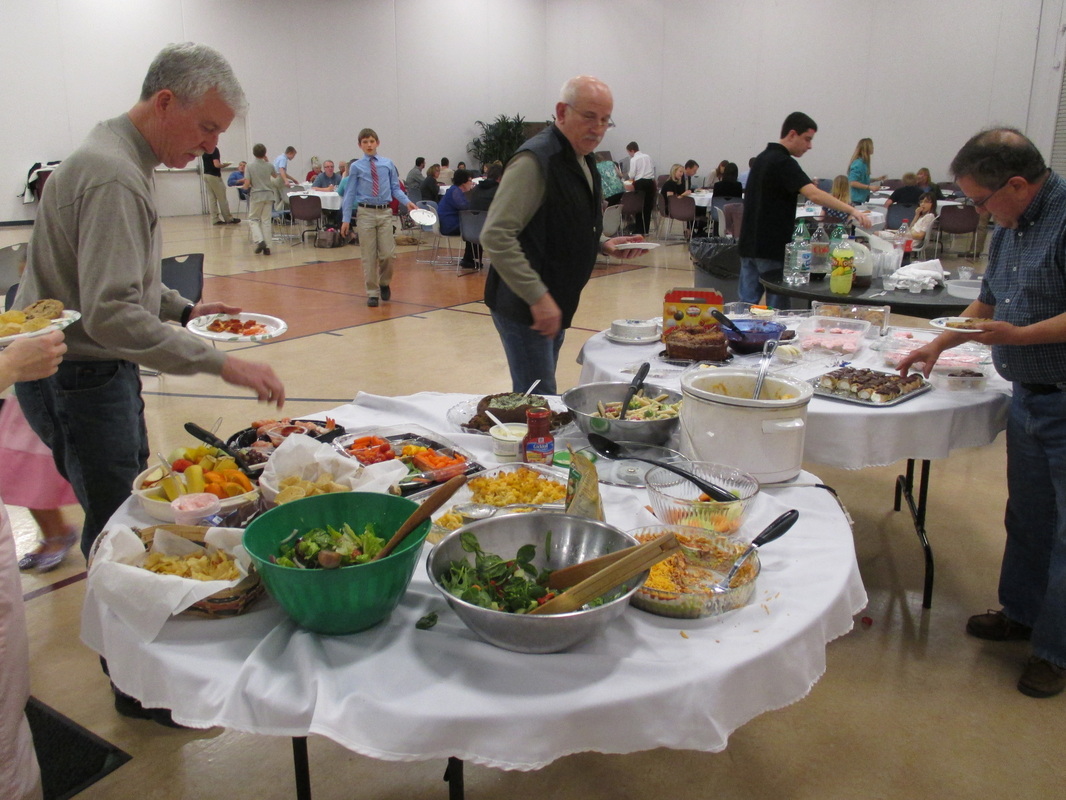
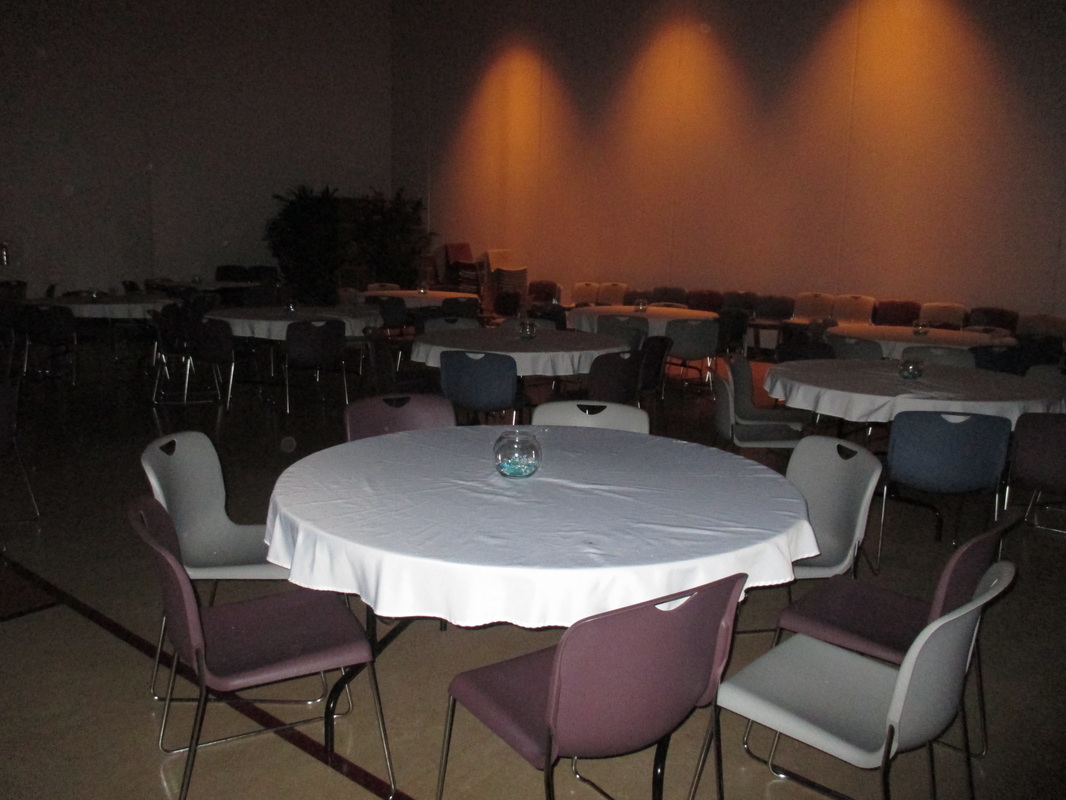
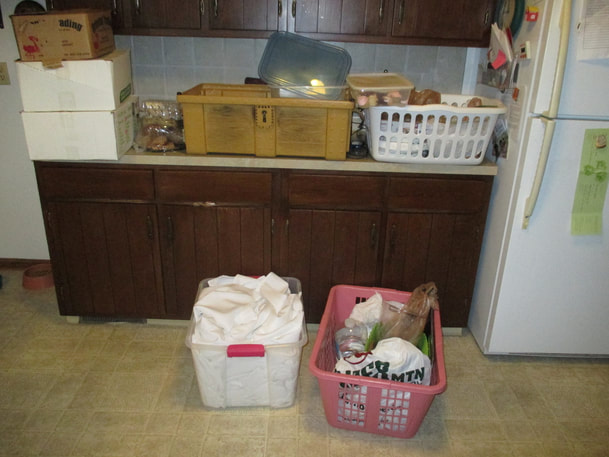
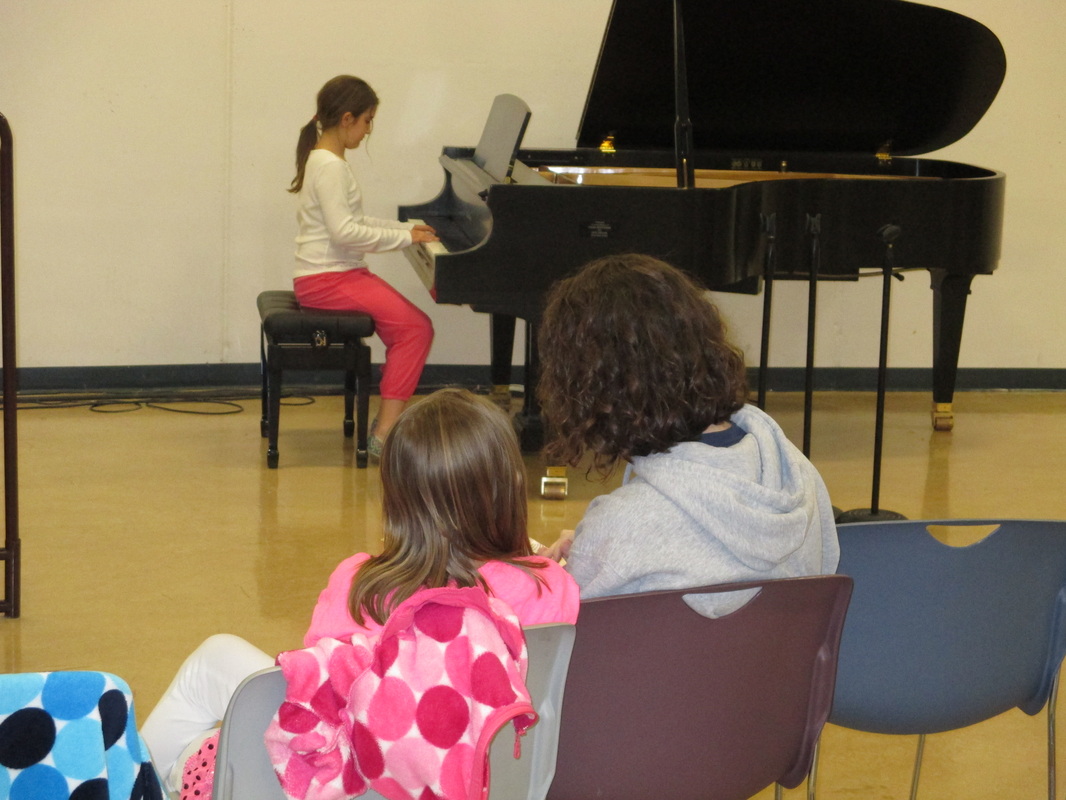
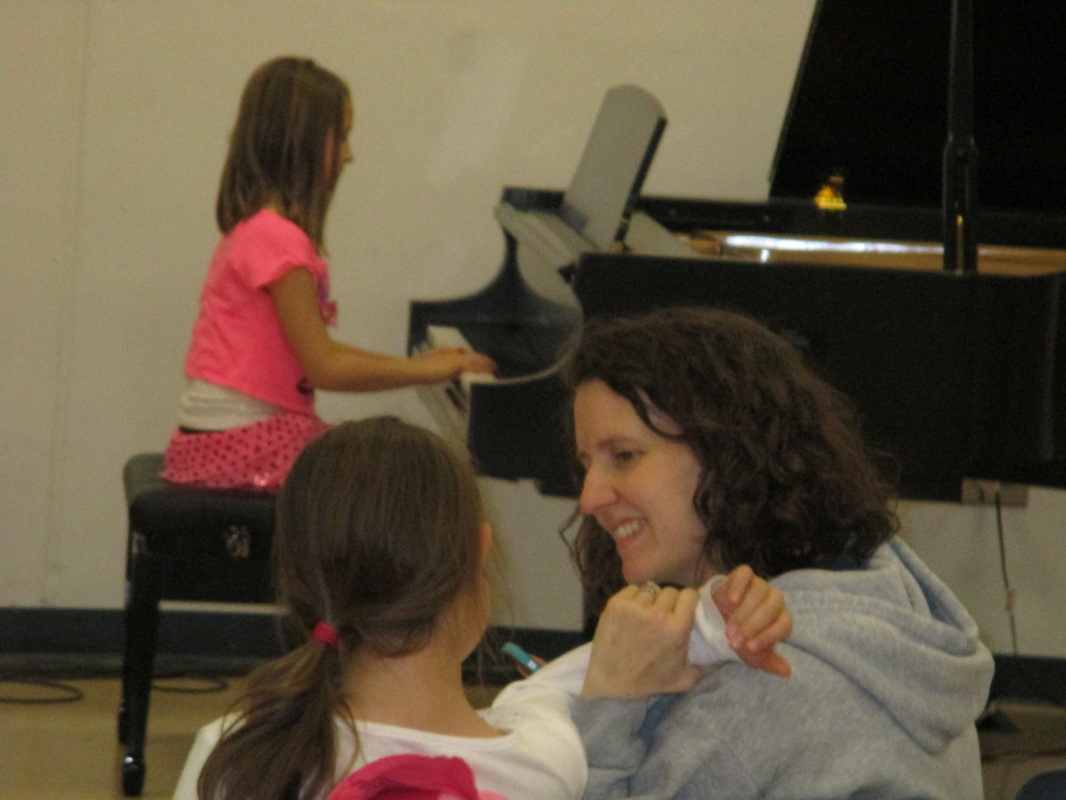
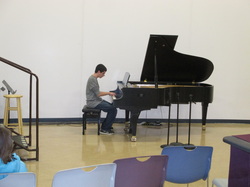
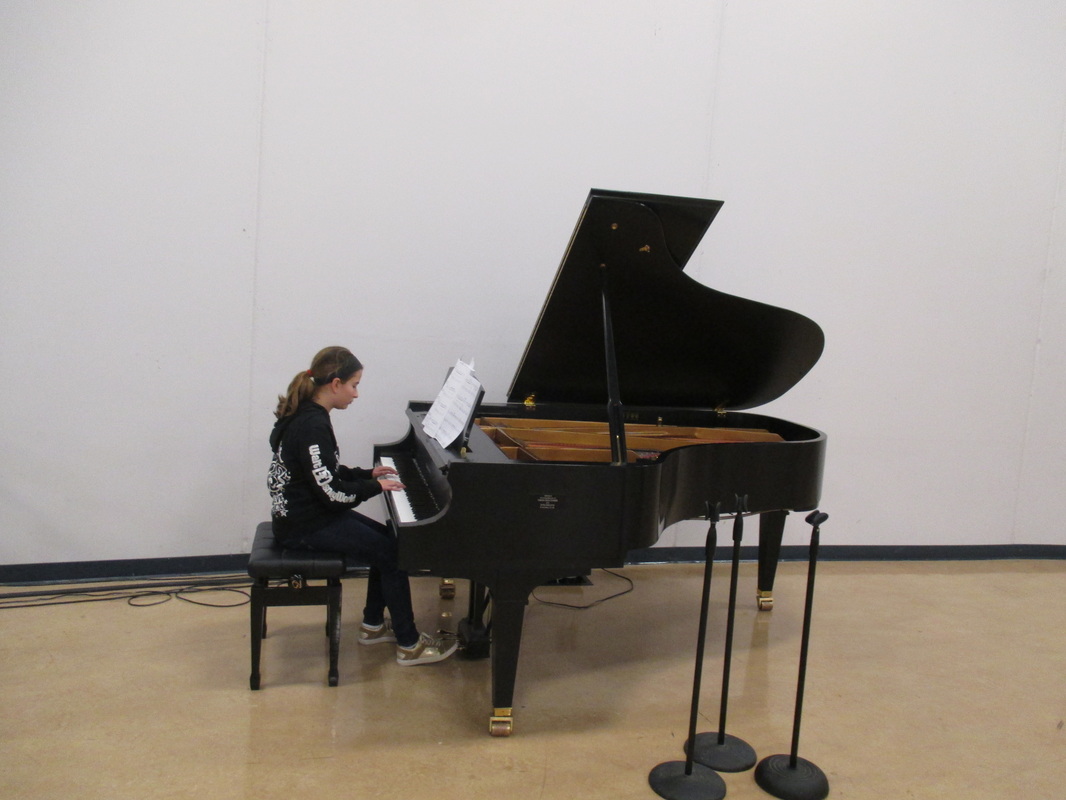
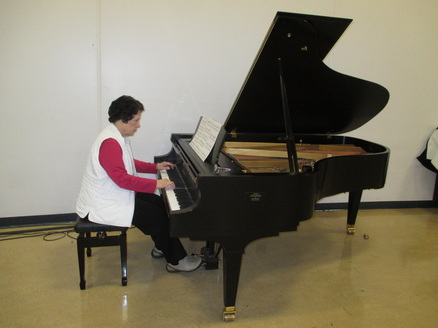

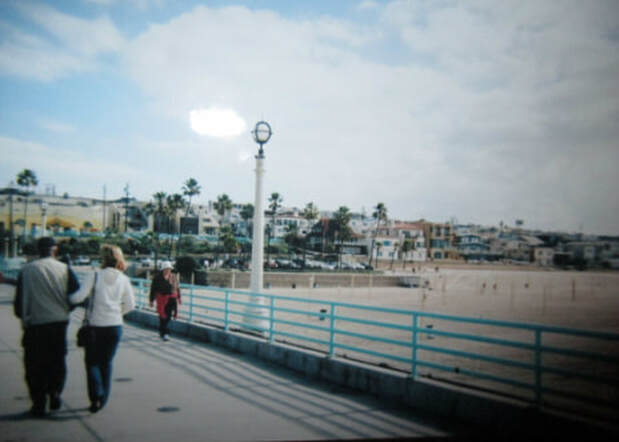


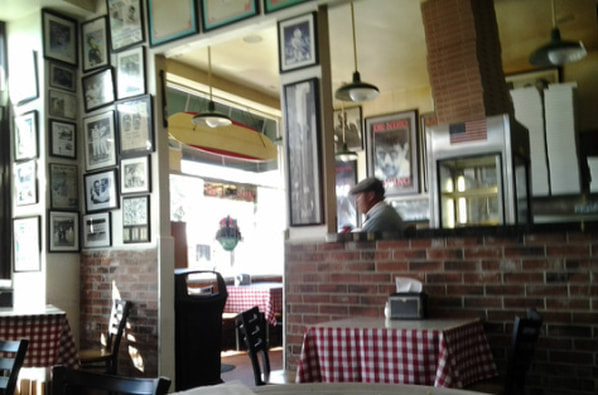




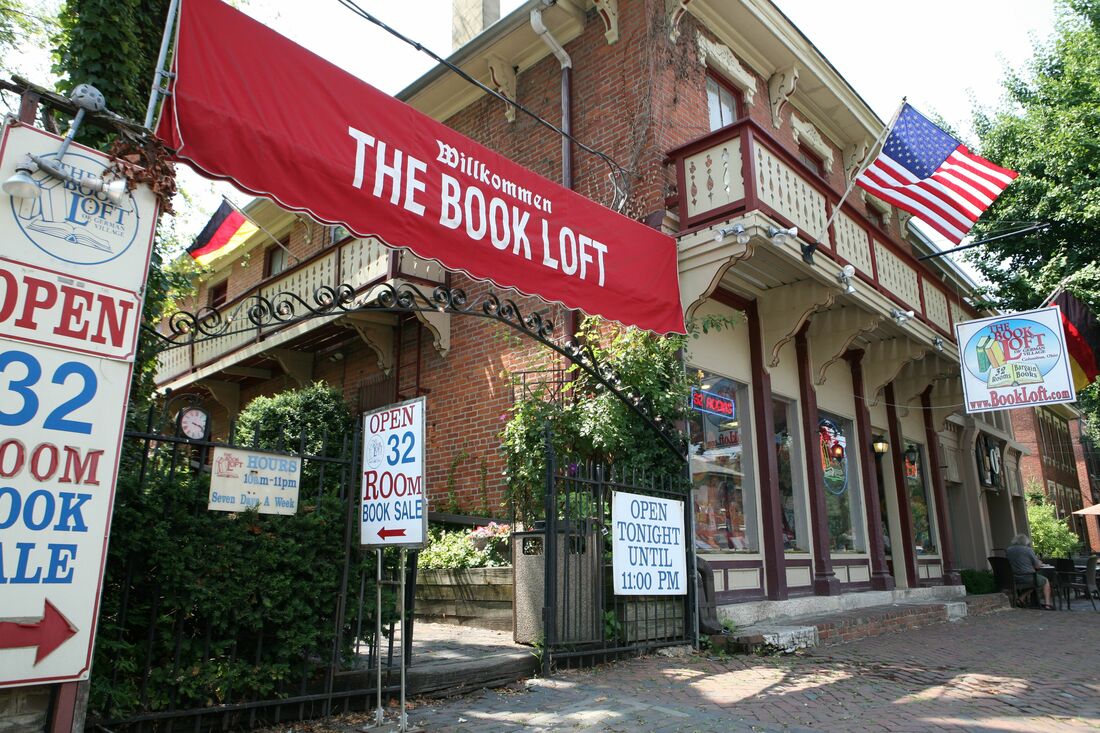

 RSS Feed
RSS Feed